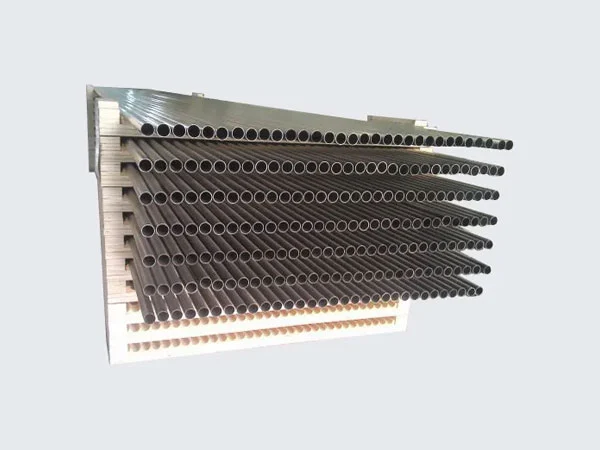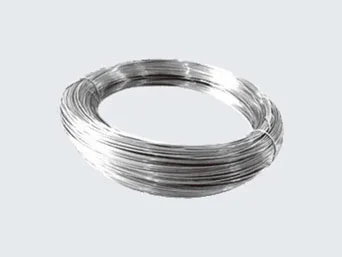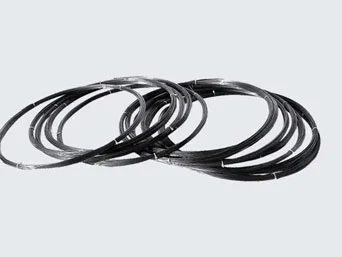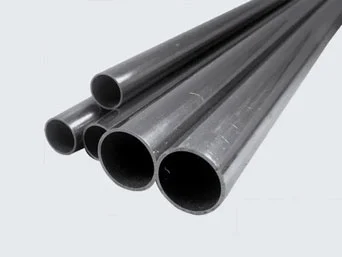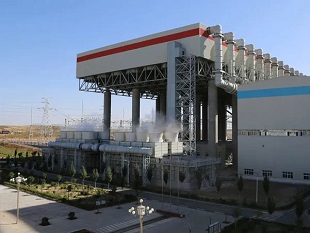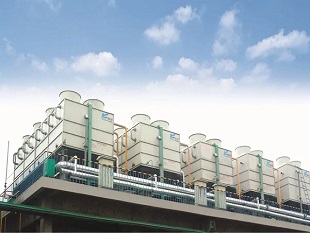Titanium tube operates based on its unique properties, making it a highly valued material across various industries. Its operating principle is based on its exceptional strength-to-weight ratio, corrosion resistance, biocompatibility, and thermal stability.
In the aerospace industry, titanium tubing is widely used due to its strength-to-weight ratio, which enables the manufacture of strong yet lightweight aircraft components. These components are critical for ensuring fuel efficiency, increasing payload capacity, and achieving the desired range of aircraft.
In the medical industry, titanium tubing is used for surgical and dental implants due to its biocompatibility. The material does not react negatively with body fluids, and its low thermal expansion minimizes the risk of thermal damage during surgery.
In the marine industry, titanium tubing is used in marine propellers, pumps, and underwater valves, where its superior corrosion resistance properties ensure long term durability and extended lifespan.
In the energy sector, titanium tubing is used in the manufacture of heat exchangers, pipes, and other equipment used in natural gas processing, petrochemical and refining industries. This is due to its resistance to corrosion, which guarantees equipment durability and longevity.
In conclusion, the operating principle of titanium tubing is based on its unique properties such as strength-to-weight ratio, corrosion resistance, biocompatibility, and thermal stability. These properties determine its suitability and adjustability to different industrial needs, thus making it a highly sought-after material in aerospace, marine, medical, energy and other industries.


